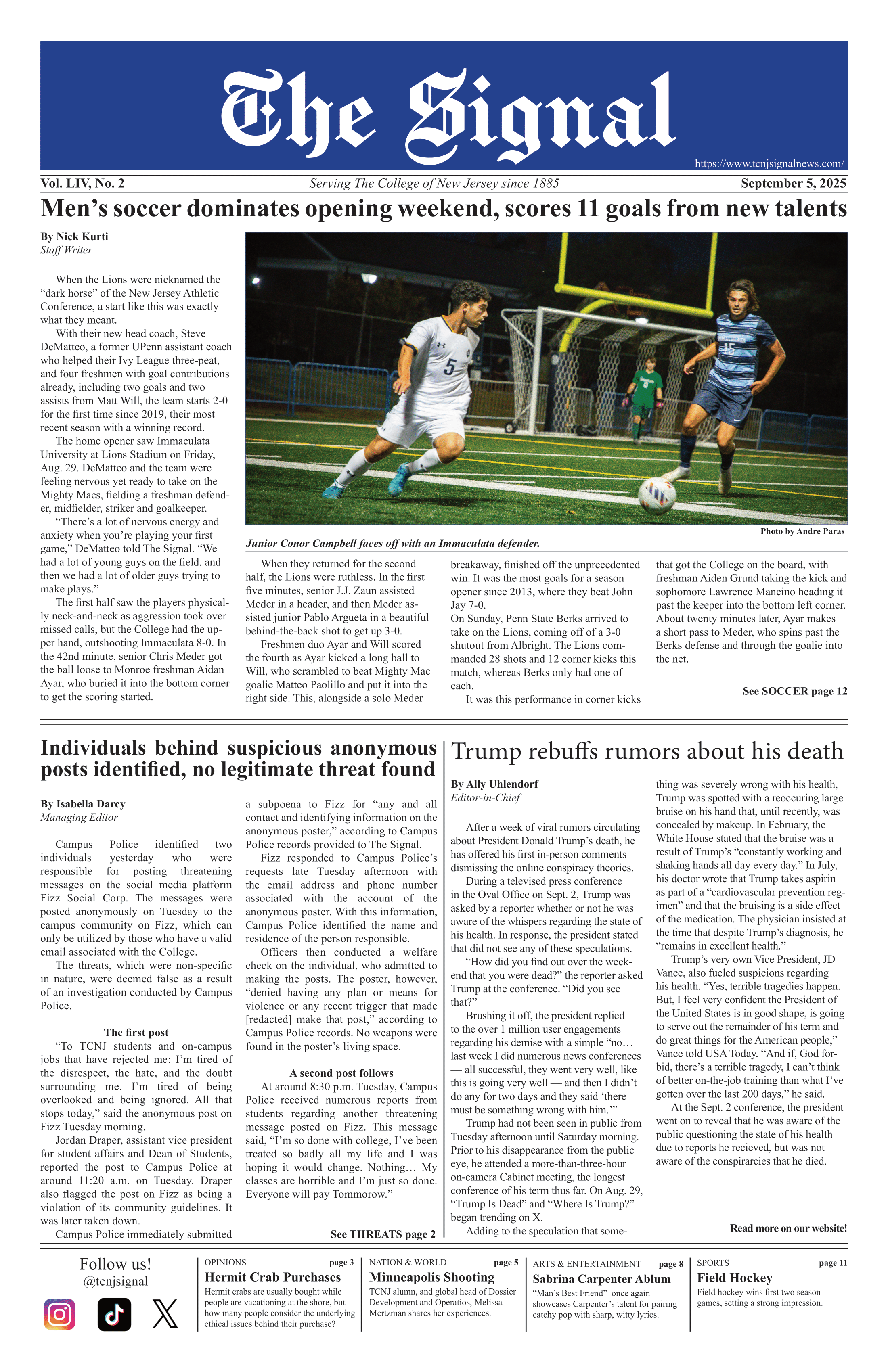By Zina Williams
Correspondent
Two years ago, after the birth of his two children – who were born 16 weeks premature – Peter DePasquale, professor of computer science, became interested in medical technology. In the 144 days they spent in the Neonatal Intensive Care Unit, he saw that in a South Jersey hospital, it took one hour for an X-Ray, however, in the Children’s Hospital of Philadelphia (CHOP), it took only five minutes.
This interest, in addition to many discussions with people in the profession, led to Chris Tomlinson of CHOP coming to speak at the College about the impact of information systems on the growing technology employed in the health-care industry.
“The medical imaging market is creating petabytes of data, and what was designed about five years ago to store data, will probably be obsolete in a year,” Tomlinson said, in lecture in the Physics Building.
Tomlinson, director of radiology at the children's hospital, focused on the advances that CHOP made in the medical technonology department, stressing that they were one of the first hospitals in the nation to integrate the information from different parts of the hospital.
In health care, data must be kept for at least 21 years, so as a health-care information technology (IT) person, brainstorming new ways to store data is always necessary, he said. Over the next 10 years, storage computing and data integration needs will grow exponentially.
According to the speaker, doctors are trying to compile and study data effectively so that they can know a person will be sick before they actually get sick. They are trying to change medicine from reactive to preventative.
Tomlinson also spoke of the career possibilities in the medical IT field.
“You have to bring your IT knowledge, but you also have to understand the people you are working for and understand what the problem is that you are trying to solve. You can’t be too into the IT part, or you will become a commodity” he said.
“It was refreshing to get a real world perspective for the computer science field. It was good to see a career-based outlook rather than a job-based one,” Nemanja Jojic, senior computer science major, said.






